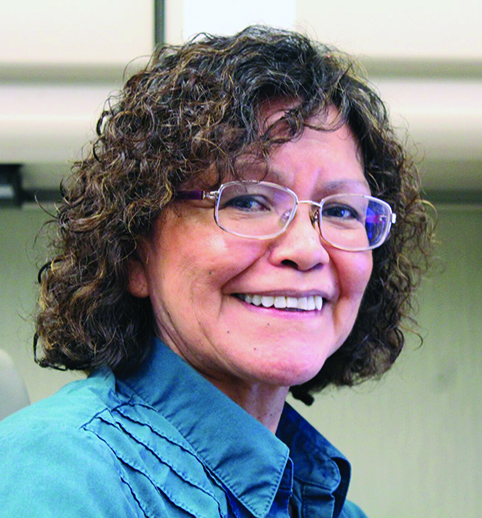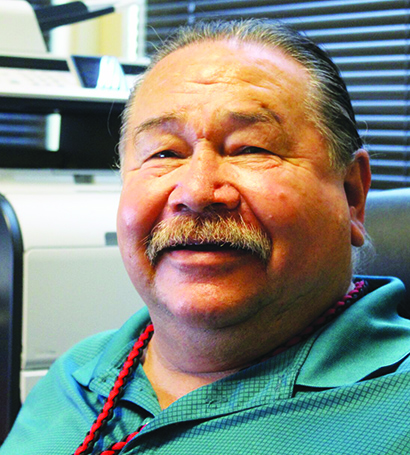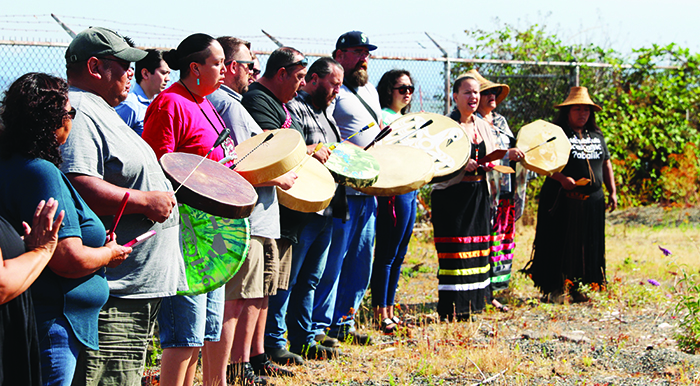
By Kalvin Valdillez, Tulalip News
The scenic town of Mukilteo is home to the new Washington State ferry terminal and whether rain or shine, the views of Possession Sound, which the ferries travel, are quite captivating. During a quick walk around the ferry terminal, one can take in all the beautiful artwork, traditional language, and rich history of the original people of this land. As the signage indicates, that particular area of the Washington State ferry terminal is where close to 5,000 Salish People met with US government officials to negotiate the terms of the 1855 Treaty of Point Elliott.
“This land is so important to us,” expressed Tulalip Chairwoman Teri Gobin while at a recent gathering at Mukilteo. “It’s where our ancestors had longhouses. We signed the Point Elliott Treaty here. All of our tribes used these waterways like our freeways to go from one place to another, and we have many relatives at all these different tribes. Our people met here together, and all agreed to sign the treaty. By ceding that land, from the water to the mountains, they guaranteed us our treaty rights for future generations. I’m so glad that our ancestors thought about that when they did that, because they were trying to protect our tribes.”

On January 21st, many tribal members from across the Puget Sound region, including Tulalip, Swinomish, and Lummi, will be taking time to commemorate the signing of the 1855 Treaty of Point Elliott in an annual tradition known as Treaty Days. This year marks 168 years since the treaty was signed and 111 years since William Shelton organized the first potlatch under the guise of celebrating the treaty.
Through Treaty Days, William Shelton preserved his culture during the era of boarding schools and assimilation efforts. Following the burning of longhouses and the relocation of tribes, William convinced the Tulalip Superintendent and the U.S. Secretary of Interior to allow the construction of a longhouse on the shore of Tulalip Bay, where the descendants of the signatories of the 1855 Treaty of Point Elliott could gather and celebrate the treaty once a year.
“It’s spiritual healing,” explained Tribal member, Celum Hatch. “When I go, it’s because of the strength of everybody’s songs. The strength within those four walls gets me through the next couple of months. When I go in there I go with a good head, because I know what I’m going in with, I’m not walking out with. I go for healing, and I go to help everyone else and support them.”
Treaty Days is an event that tribal members across the region look forward to attending every year. Although the original longhouse, which William Shelton convinced the government to build, was replaced in the sixties, people continue to meet at the historical location every January for the commemoration of the treaty. Within the walls of the longhouse, innumerable teachings of the culture and traditions are passed along and kept alive. Many of those songs, dances, spiritual practices, and stories made it through the passage of time and are still practiced 111 years later.
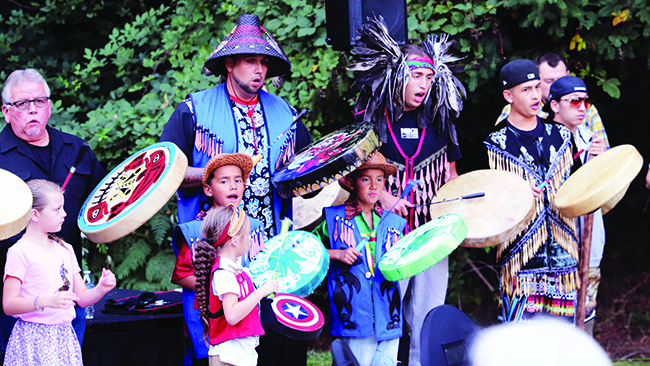
“Treaty Days is really important to me because all of us, as sduhubš people, come from that longhouse way of life. That’s just who we are,” expressed Tribal member, Roselle Fryberg. “That’s the way our ancestors prayed, that was their healing, that’s how they protected their families. And it was also a way for our people to celebrate our treaty at a time when practicing our culture was outlawed, and we were thrown in jail for singing and dancing.”
For a little historical background, the 1855 Treaty of Point Elliott was signed by those tribal leaders with their future generations in mind. Altogether, the tribes ceded upwards of 5 million acres of their ancestral lands to the United States government for white settlement. That vast amount of land presently makes up Washington State’s King, Snohomish, Skagit and Whatcom counties.
The treaty established current day reservations including the Tulalip, Port Madison, Swinomish and Lummi reservations. Through the signing of the 1855 Treaty of Point Elliott, the US government acknowledged each tribe as a sovereign nation. And in exchange for ceding such large portions of their ancestral homelands, the tribes reserved the right to fish at usual and accustomed grounds and stations, as well as the right to hunt and gather on open and unclaimed lands.
Said Tulalip Elder, Virginia Carpenter, “The treaty is important to me because it gives us a permanent place to live and because it gives us all of our rights. If we didn’t have the treaty, we really wouldn’t have anything, they would’ve kicked us off of our land. It’s an umbrella for us to live safely and the way we want to live.”
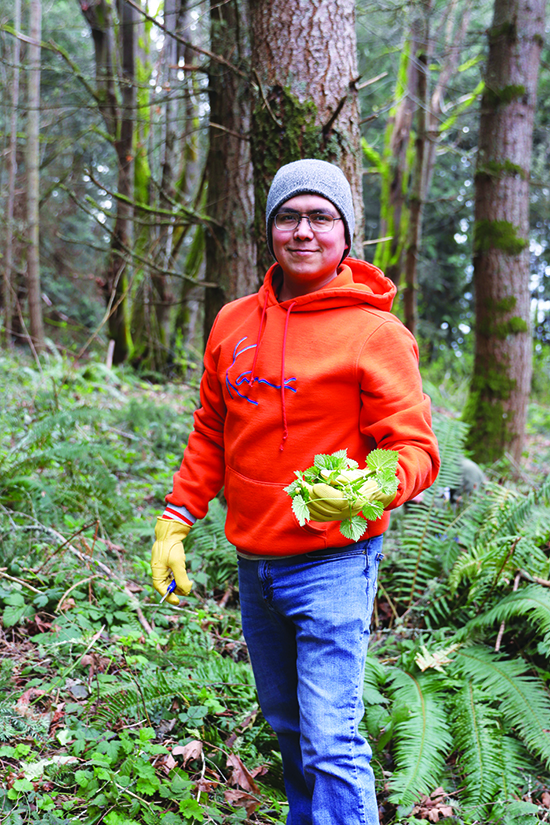
Ever since the treaties were signed in the late 1800’s, tribal nations across America have worked diligently to protect and defend their treaty rights when the US government attempted to ignore or defy the supreme law of the land for its own agenda. Because of those rights that the tribal ancestors fought to include in the 1855 Treaty of Point Elliott, each Tribe has grown and persevered over the years, with the ability to govern their own affairs while also continuing their traditional way of life.
If you wish to view the 1855 Treaty of Point Elliott in its entirety, a copy is currently on display at the Hibulb Cultural Center as a part of their The Power of Words: A History of Tulalip Literacy exhibit. For further details including pricing and hours of operation, please contact the museum at (360) 716-2600 or visit their website, www.HibulbCulturalCenter.org.
This year’s Treaty Days Potlatch will be held at the Tulalip Longhouse on January 21st. This event is intended for tribal members only. For more information, please refer to your tribal leadership or, if available, check out your Tribe’s tribal member-only Facebook group.
“Our treaties are everything as Native American people,” stated Tribal member, Josh Fryberg. “We need to protect our treaties as much as possible and thank our ancestors for fighting for what we have today. Without everything they suffered for, we wouldn’t have a lot of things we have today as far as our fishing and hunting rights, and also being Native American in general – to be able to sing our songs, carry our culture and preserve that for our future generations.”
